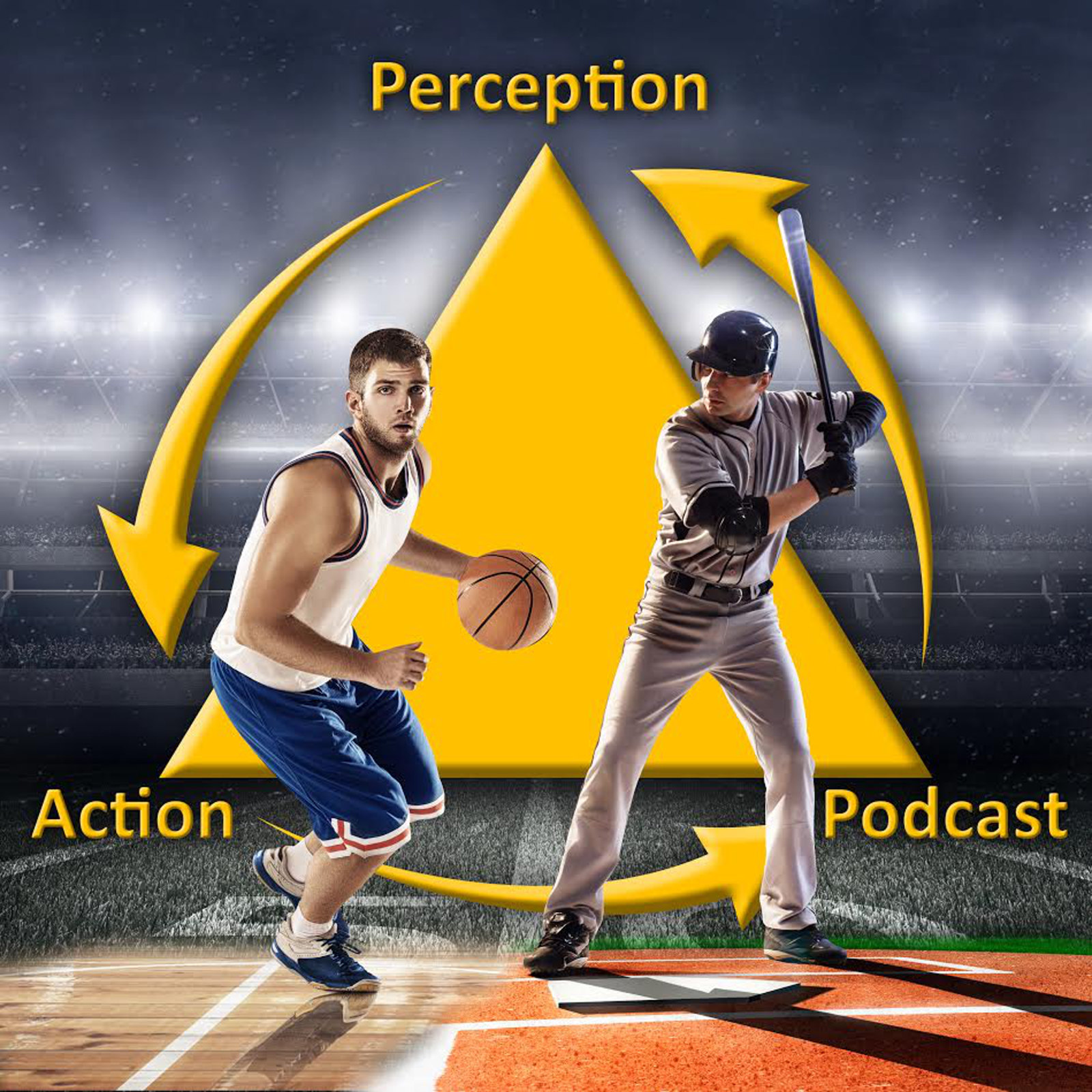The latest in skill acquisition and performance research from perceptonaction.com
-Can one session of differential learning improve visuo-motor performance? In a new study published in the European Journal of Sport Science, Serrien and colleagues examined this question using a task which involved turning lights presented in periphery off by hitting them with your hand. Kind of like the game I play with my kids when used to go to Dave & Busters. The differential learning group trained by doing this in a different way on every trial. For example, moving with both hands, cover one eye, standing on one foot, waving hands around before moving, etc. The comparison group did blocked practice in which they repeated several trials using the same movement instruction then switched to another. For the differential learning group, there was a greater decrease in reaction time and they showed more evidence of motor abundance after training. This study adds to the growing body of work showing the benefits of this type of unorthodox practice. For more info about differential learning, check out the resource page I created on perceptionaction.com.
-In a similar vein, in a study recently published in the Journal of Sport and Human Performance, Sharp and colleagues compared blocked versus random baseball batting practice for both swings from the batter’s preferred dominant side and their non-dominant side. Training involved having high school players hit a ball off a tee, 2 session per week for 4 weeks. For blocked training, participants chose the height of the tee, which was then kept constant. They then completed 30 swings – 10 with the tee positioned on the inner half of the plate, 10 in the middle and 10 on the outside. For the random group, both tee height tee location were chosen randomly on each trial. The random training lead to a significantly greater percentage of solid hits for both dominant and non-dominant batting. Once again, variability is a home run in training!
-Finally today, this week on the Perception & Action Podcast, I look at some recent studies investigating the use of situational probabilities and contextual information in sports. Does knowing your opponent’s tendencies make you more susceptible to deception? Does it matter whether you are given probability info about your opponent or acquire it yourself? How can we account for the use of this type of information in an ecological approach to action? Are athletes using this information to predict what their opponent is going to do or could they be using it another way?
-That’s the latest from the world of skill acquisition. Find links to the articles I mentioned today on my blog page and learn much more by subscribing to the Perception & Action Podcast at perceptionaction.com. Have a great day and keep ‘em coupled.
To enable the news briefing on your echo:
Go here: https://www.amazon.com/dp/B08CZ8Y2T2
OR
-From the Alexa app on your phone go to settings by pressing the three little lines in the top left
-Go to Skills & Games
-Search (magnifying glass in top right) for “Skill Acquisition News”
-Click Enable to Use
-Say: “Alexa, what’s my Flash Briefing?” (Note, this will play any other news items you added too).
